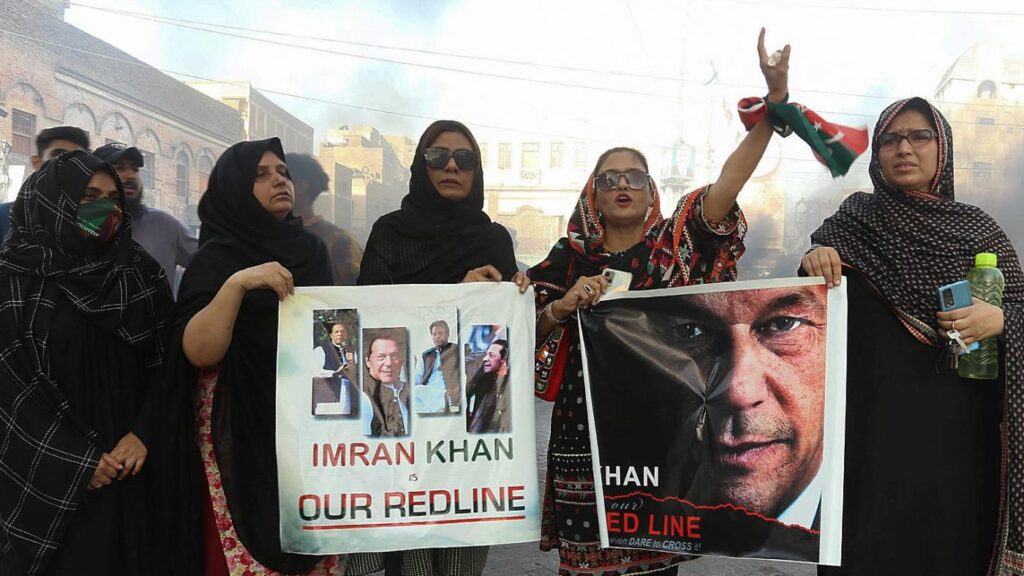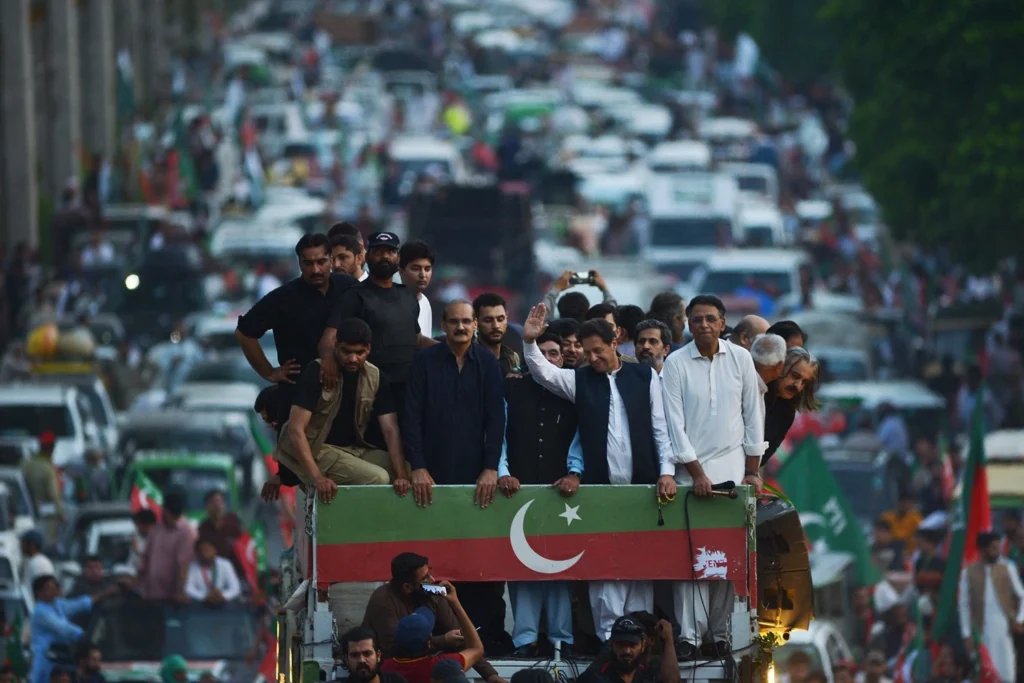Pakistan finds itself at a crossroads, facing a deepening political crisis that has sparked concerns both within its borders and across the world. The persistent issue of military interference in civilian affairs has rekindled debates on democracy, governance, and the potential ramifications for the international community. Understanding the consequences of this crisis is crucial for students who aspire to comprehend the complex dynamics shaping our global landscape.
Pakistan’s political crisis revolves around the recurring challenge of maintaining a delicate balance between civilian governance and military influence. Throughout its history, the country has experienced multiple instances of military interventions, leading to disruptions in democratic processes and governance. The re-emergence of this issue underscores the struggle to establish stable democratic institutions, thwarting Pakistan’s progress and impacting the world beyond its borders.
Threats to Democracy
The erosion of democratic principles and institutions not only hampers Pakistan’s internal stability but also poses a threat to democratic values worldwide. Democracies across the globe look to Pakistan as a test case for the coexistence of military and civilian rule. The persistence of military interference in the political sphere weakens the foundations of democracy and sets a concerning precedent for other nations navigating similar challenges.
Pakistan’s political crisis and military interference hold significant implications for regional security and diplomacy. The nation’s strategic location, combined with its nuclear capabilities, demand stable governance and responsible decision-making. Any disruption in Pakistan’s political landscape can disrupt regional stability, affect diplomatic relations, and impact international efforts to address regional conflicts and terrorism.
Economic Consequences
The political crisis also reverberates in the economic realm. Investors and global economic stakeholders closely monitor political stability as a crucial factor in their decision-making processes. The uncertainty stemming from military interference can deter foreign investment, hinder economic growth, and impede poverty alleviation efforts. The consequences of a faltering Pakistani economy extend beyond national borders, affecting regional and global economic dynamics.
Role of the International Community
The international community cannot turn a blind eye to Pakistan’s political crisis and military interference. Engaging with Pakistan’s political stakeholders, advocating for democratic principles, and supporting institutions that promote transparent governance is crucial for upholding global democratic norms. Collaborative efforts can help stabilize the political landscape, safeguard human rights, and ensure Pakistan’s active participation in regional and global affairs.

Takeaway
Pakistan’s political crisis and military interference transcend national boundaries, carrying significant implications for the global stage. Students must recognize the importance of this issue and understand how it relates to democracy, regional security, economic stability, and international cooperation. By actively engaging in discussions and supporting democratic values, we can strive towards a world that upholds the principles of accountable governance, respects human rights, and fosters global stability and prosperity.
By: Zeya Ahmad






